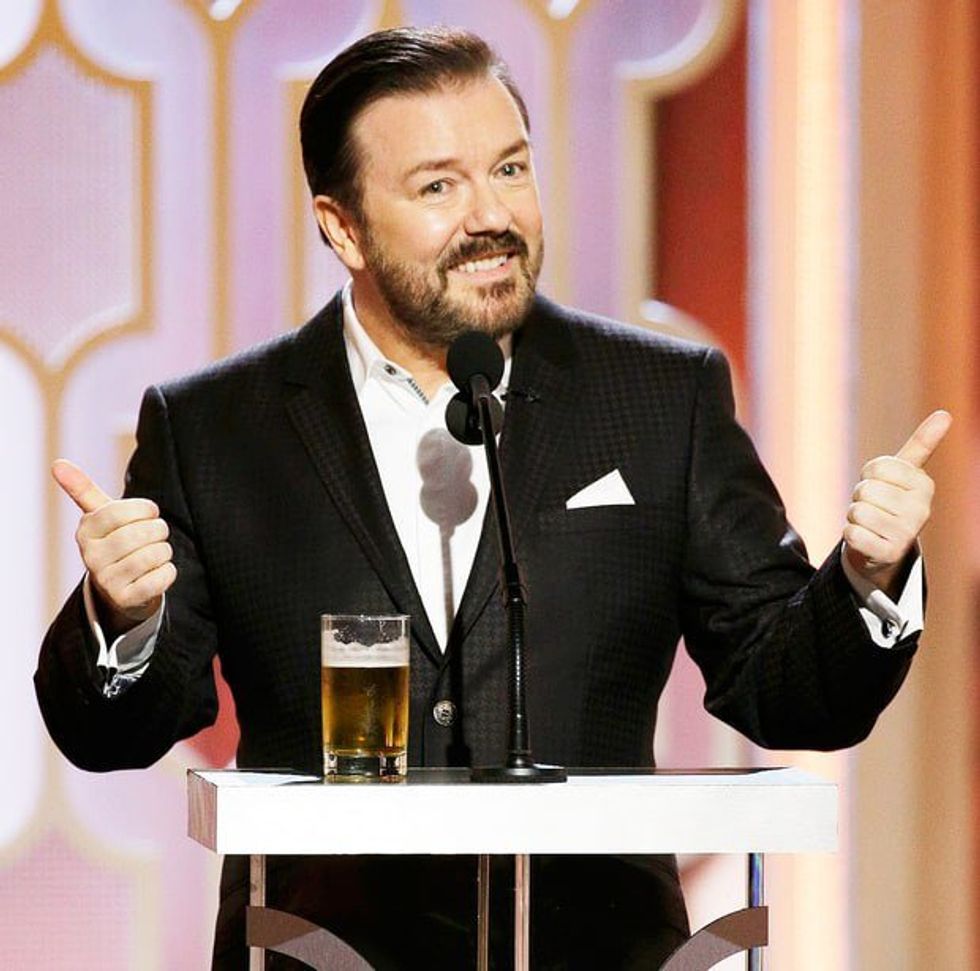Those of us born after 1990 are used to the older generations bestowing various titles upon us. We are the Millennials, the physical embodiment of the digital age. Sometimes we're just entitled liberals; it depends on whom you ask. But never fear my fellow smartphone-wielding, Netflix-binging peers, we've got a new label: the PC Generation.
Being politically correct is defined by the dictionary as "avoiding terms of expression or action that are perceived to exclude, marginalize, or insult groups of people who are socially discriminated against." In layman's terms, political correctness means respecting and accepting groups of people and overall not being a jerk. In writing, this seems simple, obvious, even. So then why does the term "politically correct" carry a negative connotation to so many people?
Society as a whole has made great strides throughout the last few years in terms of acceptance of and advocacy for marginalized groups of people. From the countrywide legalization of gay marriage to the groundbreaking #BlackLivesMatter movement, digital media has served as an invaluable platform to bridge communities and spark important conversations. Groups of people who have for so many years been unrepresented, such as people of color, transgender men and women, and people who reject the gender binary altogether now have a voice through activists like Janet Mock, Laverne Cox, and Christie Elan-Cane. People can make their own Twitter accounts to find their unique voices and network with people from all over the world. Thanks to social media there are conversations about present-day issues like institutionalized racism, intersectional feminism, and the spectrums of sexuality and gender happening all of the time.
Technology and digital media have shaped a societal climate so different than the ones preceding it that many people are overwhelmed by this seemingly sudden influx of issues surrounding social justice. Of course, these topics aren't sudden or new at all, but since social media has only developed within the last decade, it creates an illusion of abruptness. One minute everything was fine and dandy as long as you avoided racial slurs, and now there are a hundred different ways to offend someone that you have to worry about.
Being aware of existing conventions like the patriarchy and systemic racism and white privilege is a serious effort and being an ally to groups that these conventions disadvantage is a constant learning experience. And to many people specifically belonging in the category of white, cisgender, heterosexual men, political correctness is a huge threat. Actively seeking to recognize the inequalities in our society and working to correct them threatens these people because it fights against the institution that continuously benefits them, the one that our country is founded on.
Ricky Gervais hosted the Golden Globe Awards on Jan. 10 and faced criticism for the jokes made in his monologue at the expense of former Olympic athlete and arguably this year's most public transgender figure, Caitlyn Jenner. In response to a joke in which Gervais referred to Jenner as "Bruce," actress and blogger Franchesca Ramsey of MTV's "Decoded" posted on Twitter that "misgendering a trans person isn't a joke, it's just cheap transphobic garbage." Jenner herself responded wittily, pondering if she should "call the Golden Globes and see if they need a new host next year."
Prominent comedians like Jerry Seinfeld believe that this new age of political correctness is ruining comedy. He's just one of many public figures who are reacting negatively to the changes brought on by social media platforms, most likely because they aren't actively a part of the conversations being had around the politically correct way of thought. Celebrities hailing from the generations before ours are starting to antagonize us as too sensitive or too easily offended. This, of course, could be a serious problem if people use political correctness as a way to limit someone's freedom of speech or censor opinions they don't agree with. But what's important to note is that this is not the purpose of the social justice movement or the idea of being politically correct.
Do Ricky Gervais' comments about Caitlyn Jenner make him a transphobic monster? Certainly not. As far as I'm concerned, he made a lazy joke in poor taste. I didn't appreciate it, but I'm still a fan of his at the end of the day. But being a comedian doesn't give you a free pass, and it's not an excuse to lazily pick on marginalized groups when you're in a position of influence such as the host of a popular awards show.
However, as I am a white, cisgender woman, it's truly not for me to say whether he was transphobic or not. What's important to take away is that the mission of political correctness is not to label every white guy a racist, or every uninformed comedian a horrible person. It's about owning up to our privileges, assumptions, and microaggressions and learning from them in order to shape our way of thinking. It's realizing that if someone says you offended them or made them feel uncomfortable, you don't get to decide that you didn't. It's helping to raise the voices of marginalized groups of people and utilizing the ever-evolving digital space to do so.
This generation of bloggers, college kids, and internet comics is the one growing up with the astounding tools of the internet and multimedia networking, so if we're the ones to be labeled, so be it. But if being "too PC" is our biggest problem as a generation, I think we're doing just fine.





















